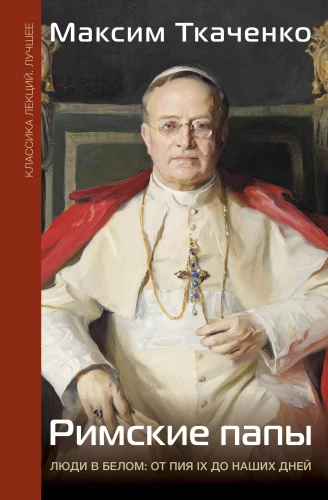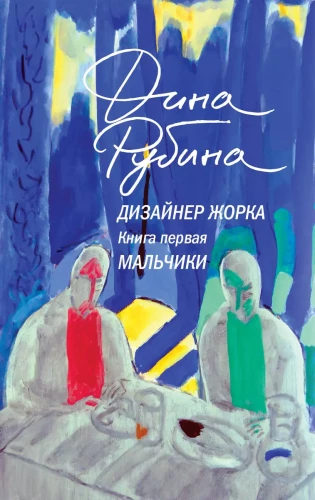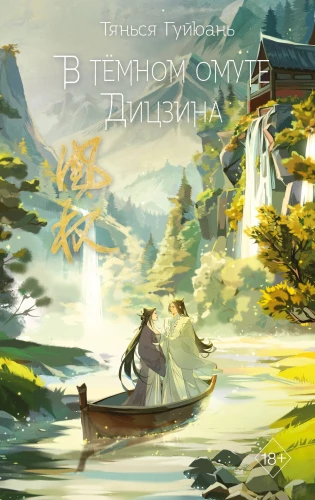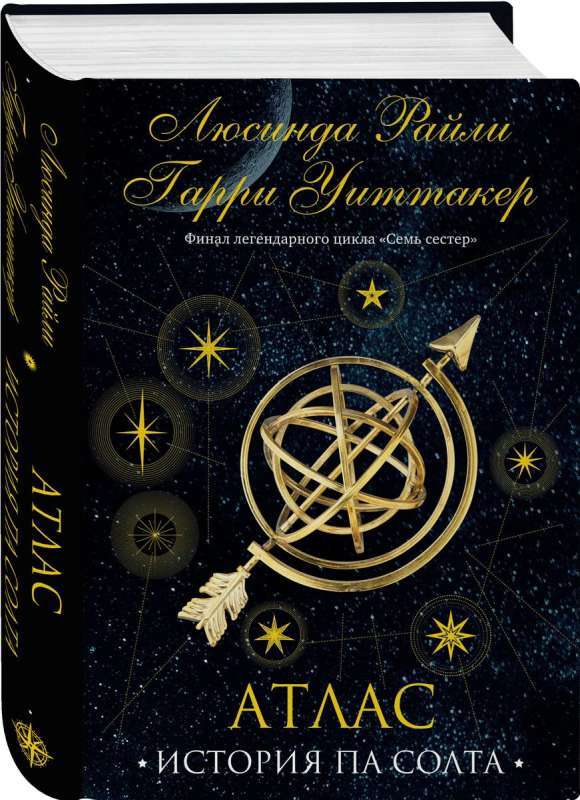The Nature of Soviet Power. Ecological History of the Arctic
Author: Энди Бруно
Printhouse: Novoe literaturnoe obozrenie
Age restrictions: 16+
Year of publication: 2024
ISBN: 9785444821398
Number of pages: 344
Size: 220x150x20 mm
Cover type: hard
Weight: 440 g
ID: 1703174
-large.webp)
-large.webp)
-thumb.jpg)
-thumb.jpg)











